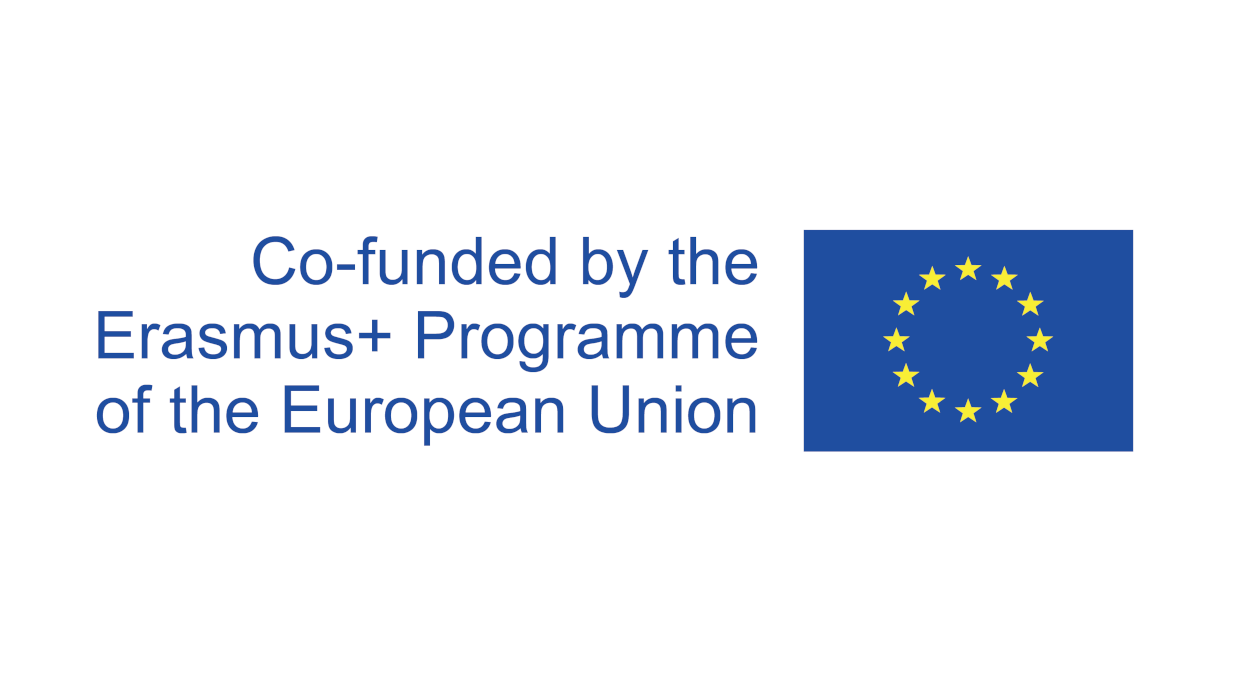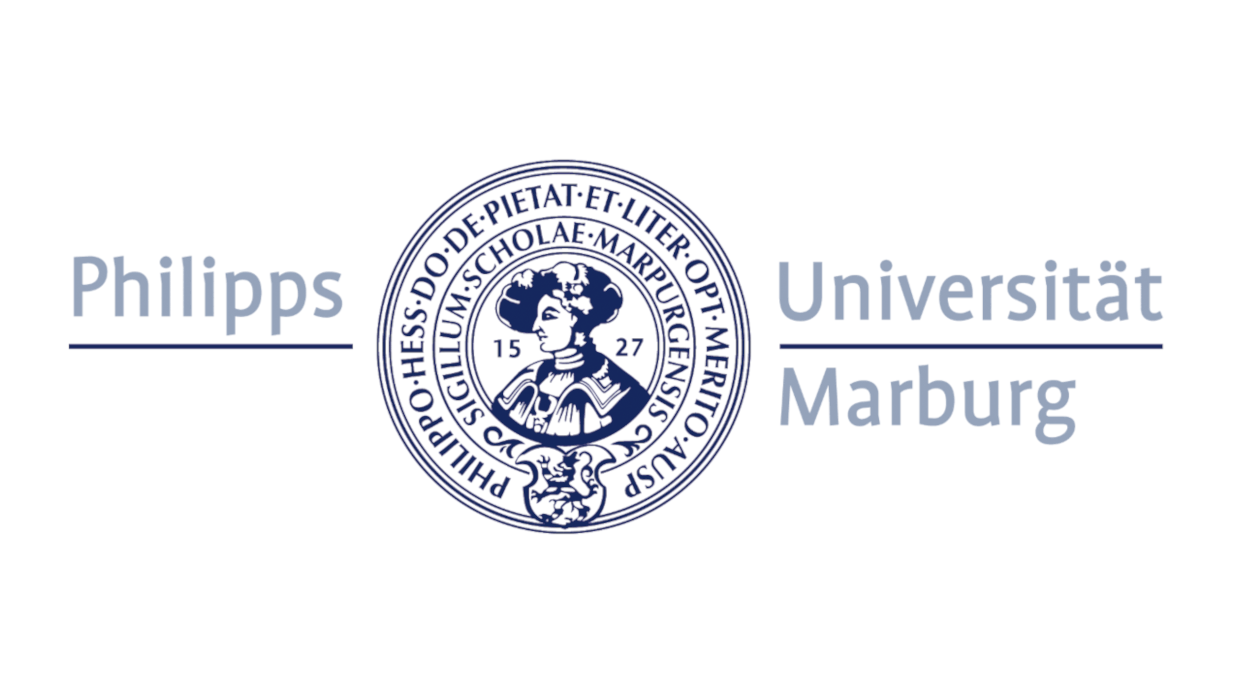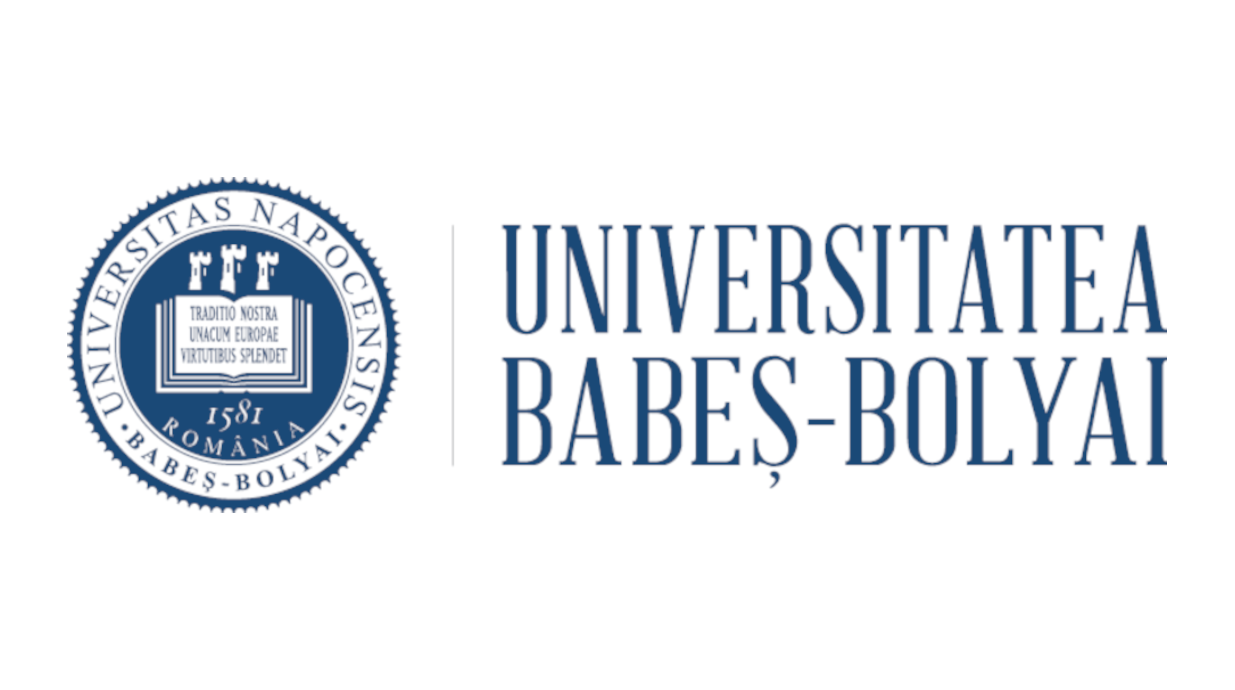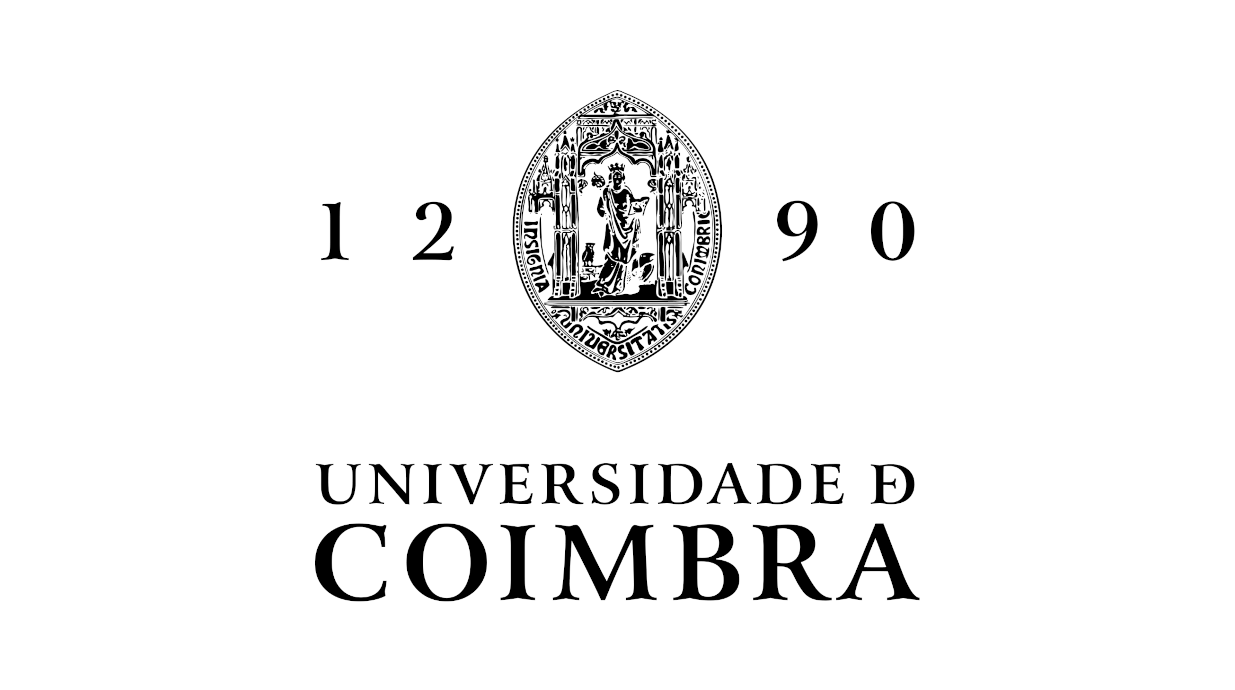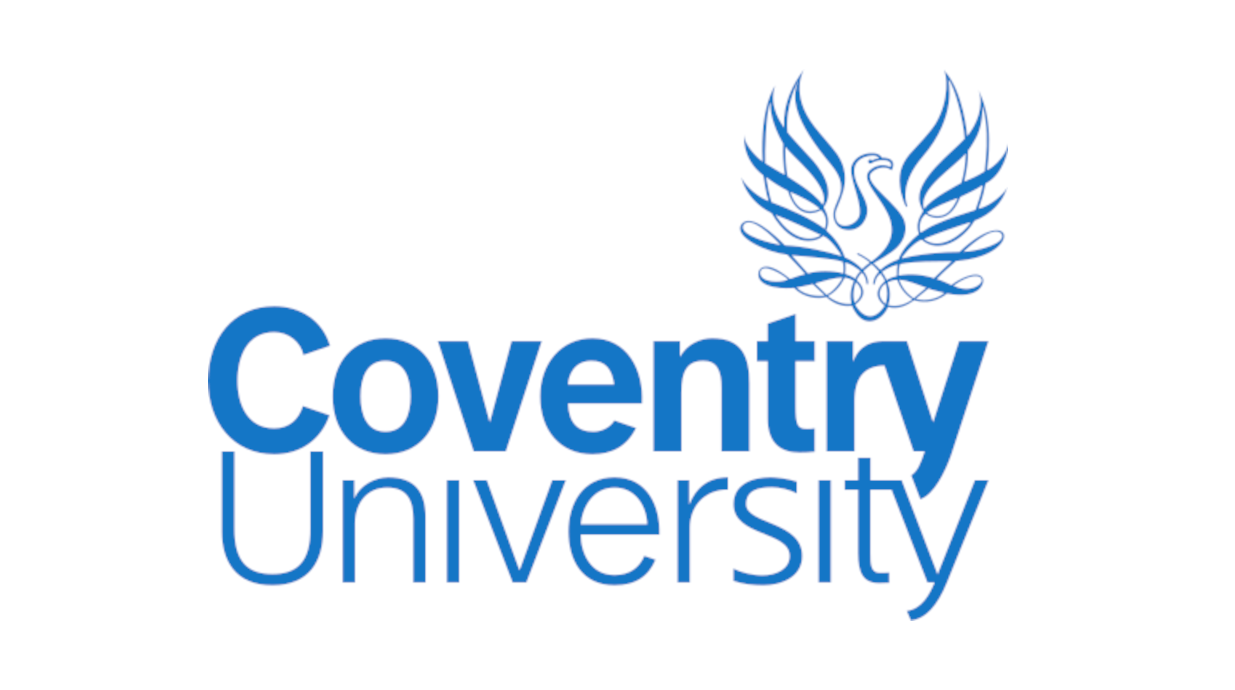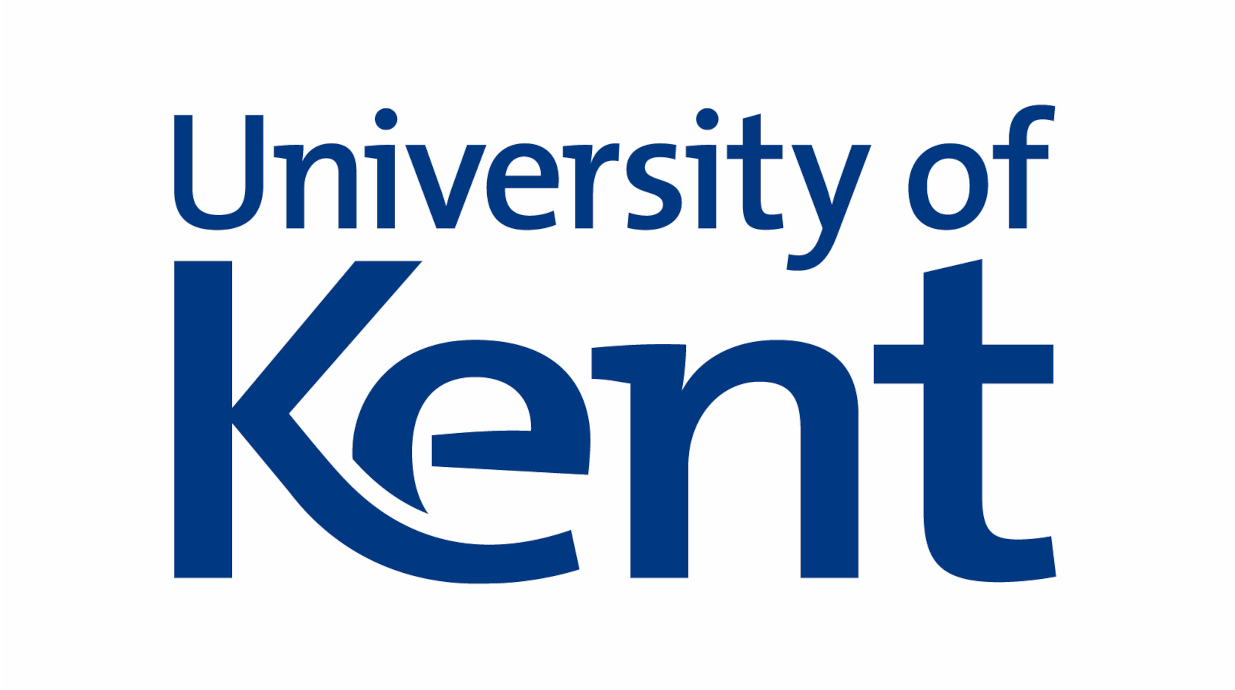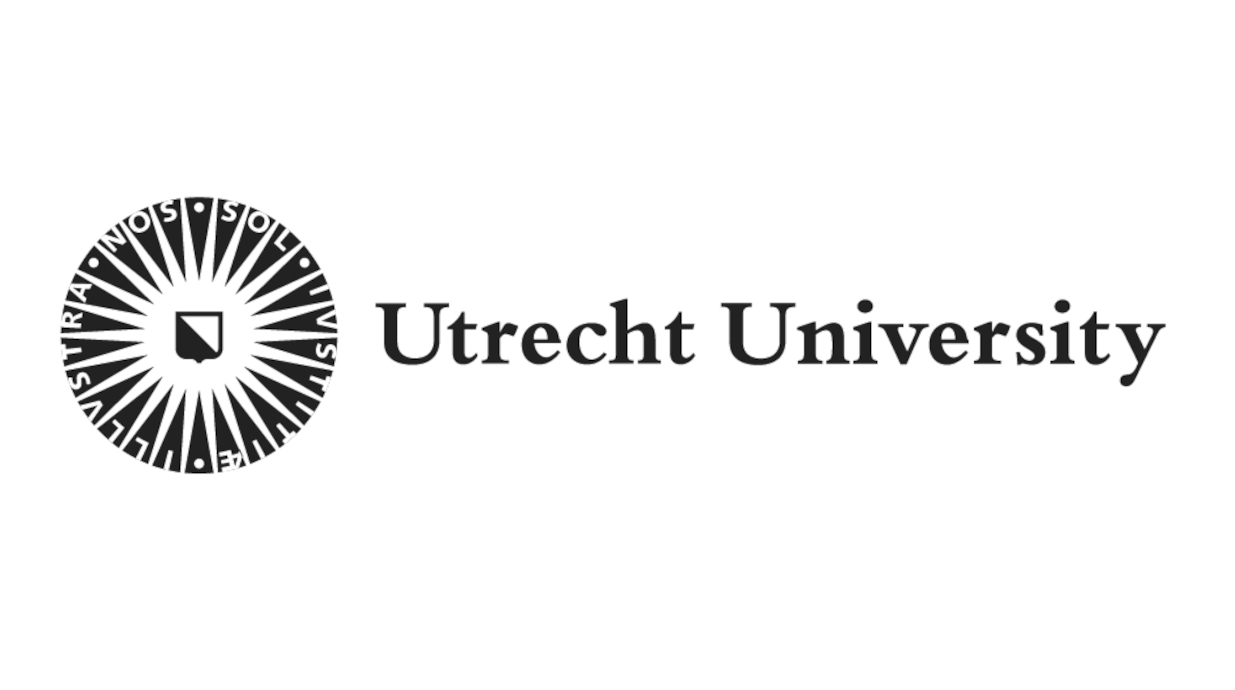Main Content
Stakeholder Perspectives on Work-based Learning - Exploring Needs and Experiences (O2)

Duration: 05/2021-07/2022
Work Package Leader: Kent
Team: Frank Grundig (Kent), Paula Duarte Lopes (Coimbra), Maria Raquel Freire (Coimbra), Daniela Nascimento (Coimbra)
The second Intellectual Output (O2) within the INCOPS project was dedicated to comprehensively understanding stakeholder perspectives involved in Work-based Learning (WBL) within Peace, Conflict & Security Studies (PCS). The primary objective was to elucidate stakeholder viewpoints and craft an agenda sensitive to their needs and interests.
O2 comprised a detailed report on stakeholder perspectives regarding WBL in PCS, focusing on best practices within the realms of internships and voluntary work. This report encompassed tailored guidelines addressing various stakeholder interfaces and phases within WBL. Workshops incorporating focus group discussions were employed to gather insights from stakeholders, engaging each university partner within INCOPS.

INCOPS Report #2
The study aimed to scrutinize existing Work-based Learning methodologies and challenges. It notably focused on internships, volunteer work, and inclusive practices, considering their utilization and perception among stakeholders including students, alumni, and educators.
Grundig, Frank et al. (2023) Mapping Work-based Learning in Peace and Security Studies. INCOPS Report #2
Kent headed O2, collaborating closely with Coimbra University to coordinate the progression of this Work Package. The execution of O2 began in May 2021 and was scheduled to conclude by July 2022. Regular monitoring and discussions on interim outcomes occurred during project meetings and activities held in Marburg, Cluj, and Kent.
While the initial plan for O2 envisaged the creation of a website and dataset as tangible outputs, the project team concluded that a comprehensive report would best encapsulate the meaningful results of this project phase. This report was based on qualitative data obtained from eight focus groups, several qualitative interviews across six institutions in five countries, and descriptive statistics derived from a survey administered at all six institutions, with a dominant response from Kent and Marburg students.
Stakeholders encompassed groups such as students, educators, study program coordinators, internship coordinators, and non-academic partners. Focus group discussions revolved around three dimensions of WBL: internships, voluntary work, and inclusion. The discussions aimed to stimulate exchange on enhancing internship integration, effective practices for theory-practice amalgamation, self-directed learning in voluntary work, and exploring alternatives for inclusive WBL, particularly addressing mobility challenges.
Focus groups topics spanned defining learning outcomes, assessment methods, compiling learning plans, and facilitating a conducive learning environment for diverse stakeholders. Emphasis was also placed on self-directed learning facets - motivation, self-monitoring, and self-control in voluntary work. Exploring alternatives to physical workplace attendance for inclusive WBL was a key focus, addressing challenges faced by students with specific needs or limitations.
---
Integration of Work-based Learning in Conflict, Peace and Security Studies (INCOPS)
Erasmus+ Strategic Partnerships, 2020-1-DE01-KA203-005661

